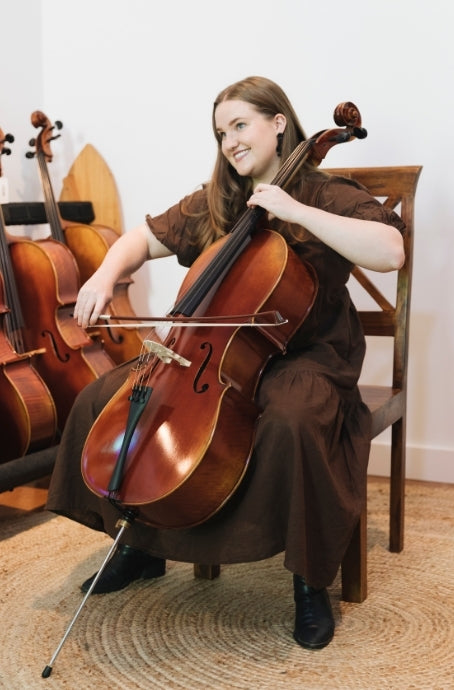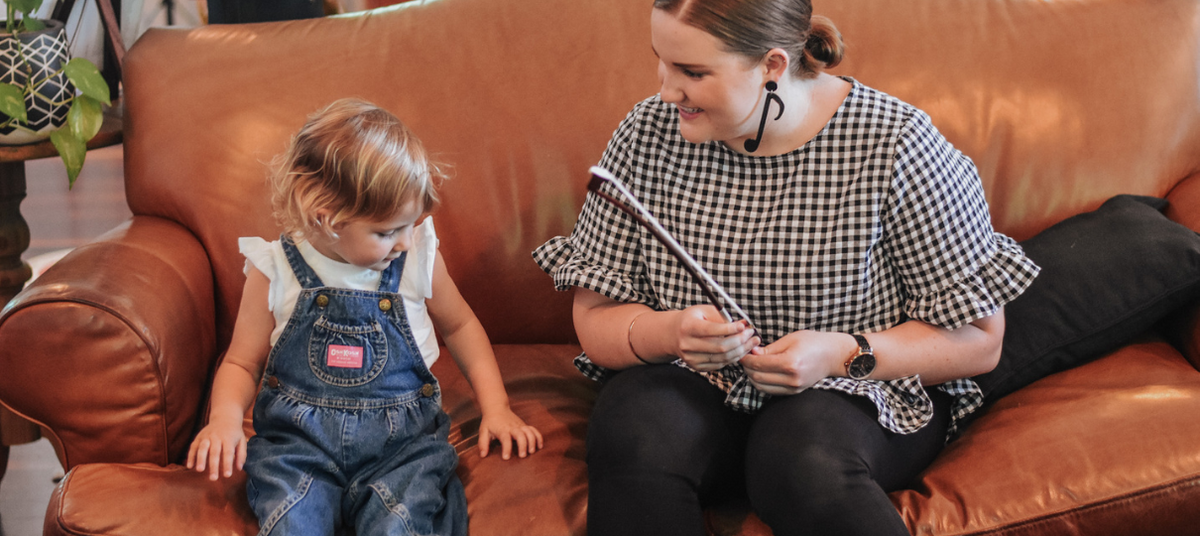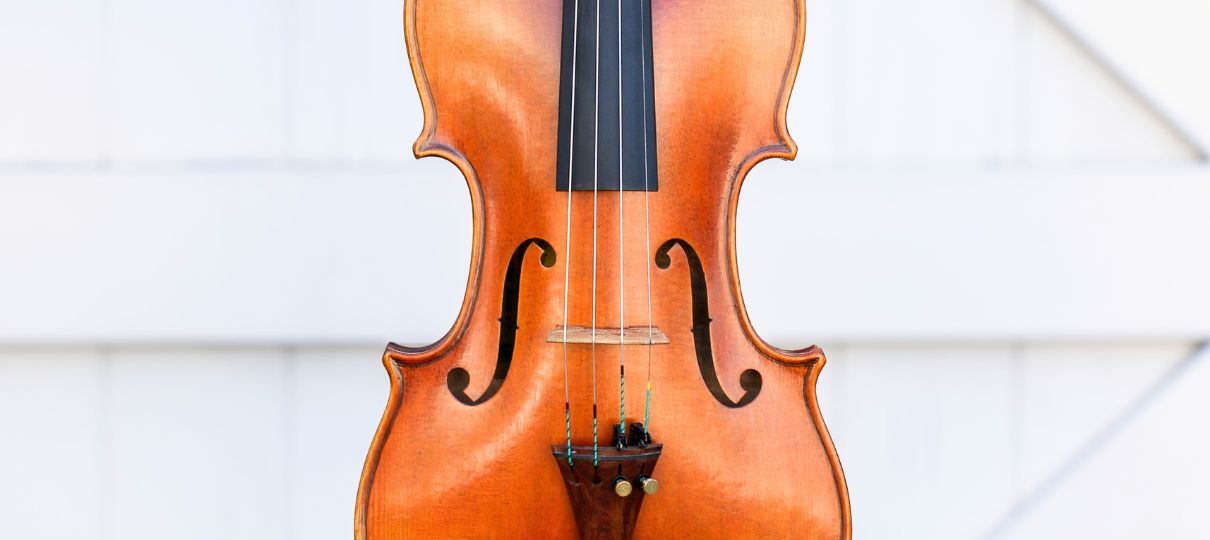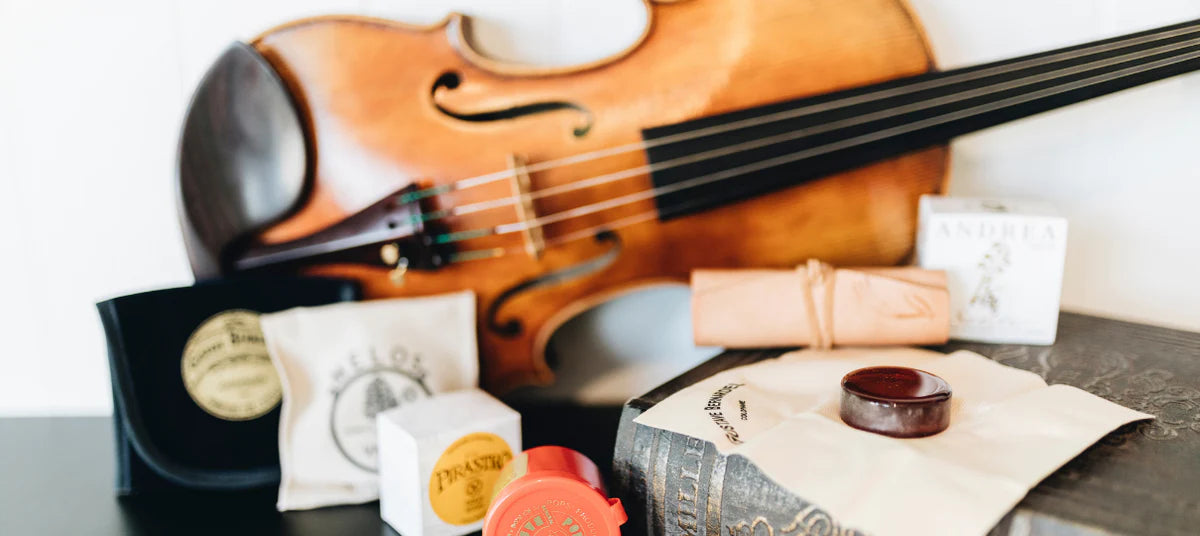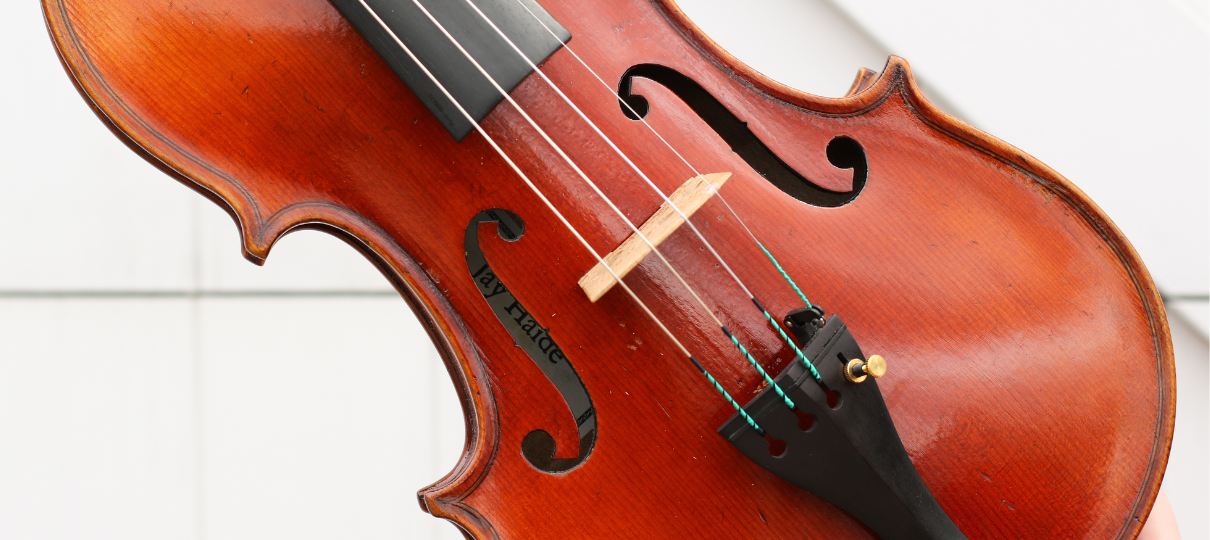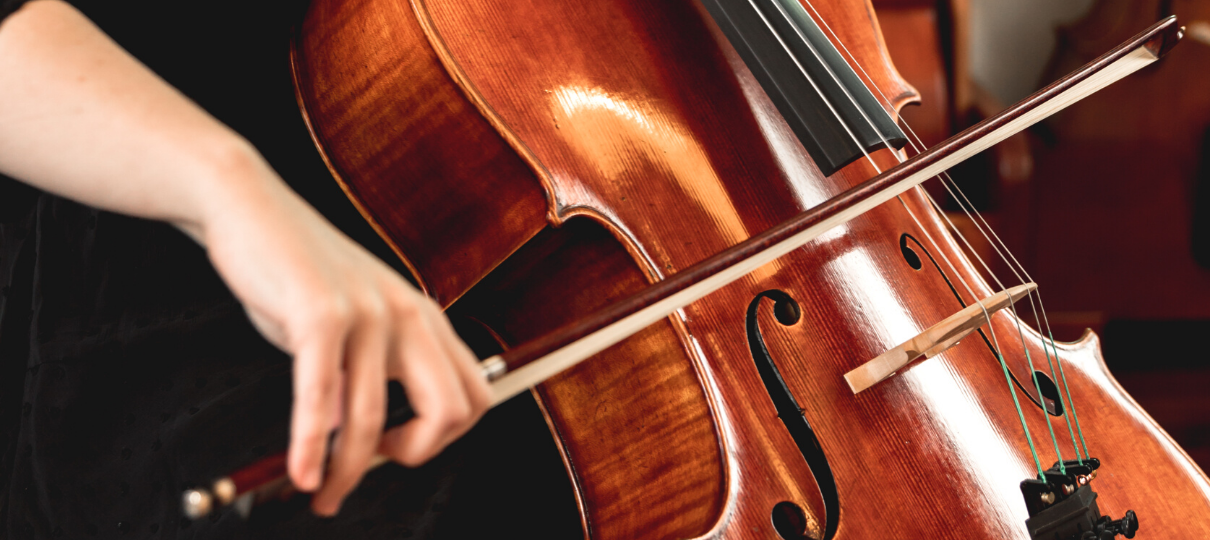It is a new and wondrous experience receiving a new instrument into your home! There can also be some initial jitters that go along with this feeling, for both the new musician and their family. Here are some quick tips to help put your newest musician at ease.
School trial sessions
If a school or private teacher invites you to a trial class where you can test the instrument yourself, go! These sessions are a great way to mix with other parents experiencing the same things in their homes. It is a helpful way for parents to experience the resilience required by beginners to produce a few notes, and is a positive experience for your child to see you having a go.
Read Learning the Violin: A Beginner's Guide.
Encouragement
Encourage your beginner to teach you what they learnt today or this week, every week. Ask your beginner to be your teacher for a few minutes each week to provide them the opportunity to own their learning.
Read what to expect when your child starts music lessons here.
Reactions to scratching noises
If your beginner makes a horrible sound (it is inevitable for the first few weeks!), although it is tricky, try not to wince or pull a face. It can be quite tough to ‘pull’ out the first, clean note from a string instrument, and they will get the hang of it very soon. Keep encouraging with lines such as “That’s alright, give it another go” or “I love hearing that you’re giving it your best effort!”
Read our parents' guide to buying your child's first instrument.
Structuring a practice routine at home
Check the student’s notebook for the teacher’s input to create a practice routine - this is generally very basic at the start of learning, but helps the beginner feel like the family is involved in their learning. Ten minutes a day for five days a week is the general recommendation to start with home practice.
Read what to do when your child baulks at music practice here.

Frustration equals resilience
Frustration is normal. Learning a string instrument requires very fine motor skills which take years to harness. When a new musician becomes uncomfortable or irritable, assure them that it is alright to feel like this and encourage them to feel comfortable with the feeling of discomfort - this normalises the feeling. This then leads to resilience, and then persistence, to give the task another attempt. This concept will help the musician in other areas of life as well and is a life skill.
Muscle memory
Muscle memory is developing, so your new musician may start to feel sore after five or so minutes of playing. This is normal in the first few weeks of playing, as their arms and hands are doing things and making shapes they don’t make at all anywhere else in their lives. This soreness will go with time as muscle memory and strength develops over the coming weeks and months. Encourage the musician to shake, stretch and attempt the task again.
Ten minutes a day for five days a week is generally the recommended starting time for practice while muscle memory builds.
Need some extra help with the new musician in your family? Our friendly team consists entirely of musicians who have all experienced what it's like to be a beginner. We'd love to chat! Get in touch with us today.





